By Efia Sulter
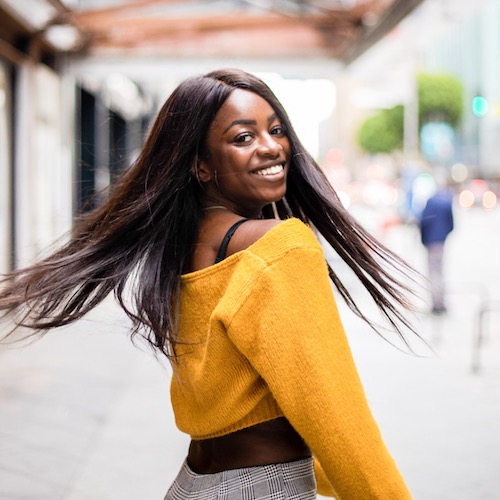
Racial microaggressions and implicit bias are rife in the travel space.
With the momentum of the Black Lives Matter movement due to the murders of Breonna Taylor, George Floyd, Ahmaud Arbery and countless other innocent Black people whose families are still seeking justice, comes a desperately needed change in times. As brands scramble to show their solidarity – one of the many areas that stands to be held accountable is the travel industry.
Not just in terms of the corporations who profit from Black customers and fail to advertise or include Black faces. But also those travellers who have benefited from a racist society that upholds White skin.
Black people travel too
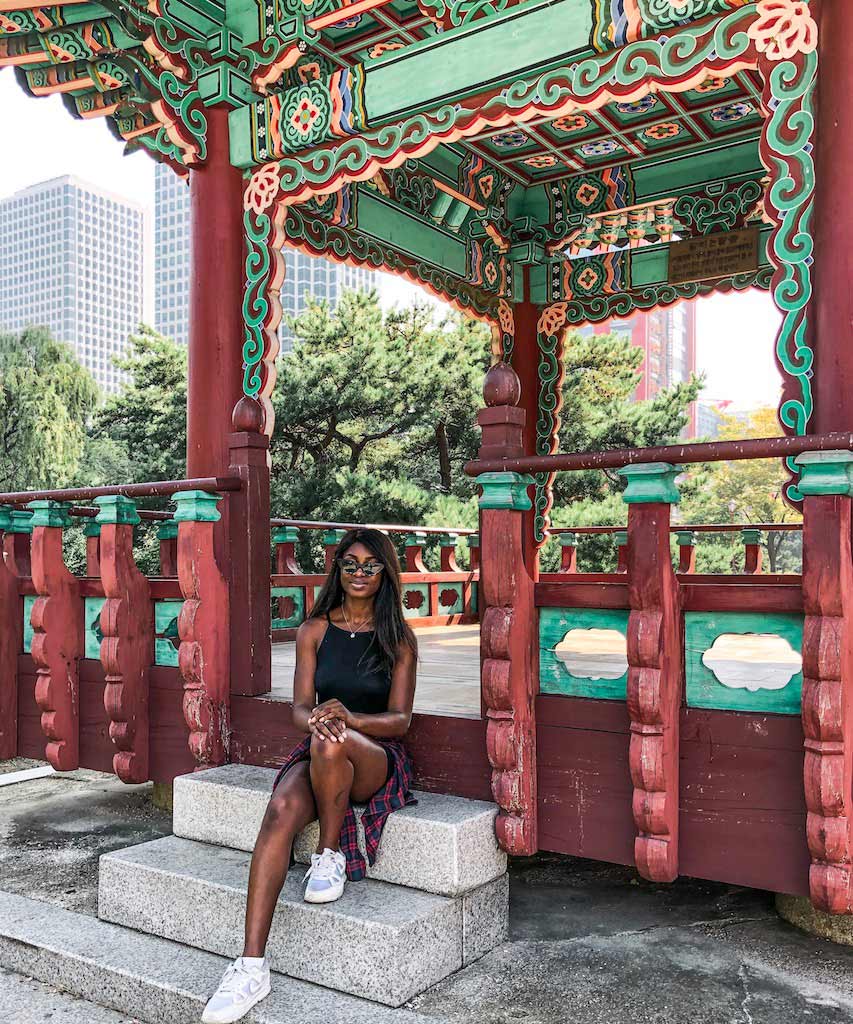
When I first started travelling solo I spent months researching. I felt that when I left the UK I’d got to a point where I was as ready as I’d ever be. When I actually got out there into the world I soon realised my preparations from White travel bloggers and friends would only take me so far. That was the first time I truly became aware that when it came to travel you couldn’t send a Black girl and a White girl off on their adventures and expect them to be treated equally.
Because, you see, while you might be used to seeing your face in movies, travel magazines and on press trips. Our experiences simply aren’t the same.
What are racial microaggressions?
While the spitting, disgusted looks or refusal of service is one thing to deal with, the other is much more insidious. When people think of racism they think of obscenities they would never dare to utter, or white hoods marching on American soil. However, it’s the racial microaggressions, the seemingly small incidents that happen on an everyday basis that make us acutely aware wherever we go that there will be someone who thinks we don’t belong.
If you’re unsure, whether you’ve been using racial microaggressions when you speak to Black travellers please carefully read and understand what’s wrong with the following statements. Even if you yourself don’t use them you will still be in a better position to educate those that do.
Why? Because every slightly uncomfortable conversation you have, is one less tiring conversation for us.
Racial microaggressions you need to stop saying:
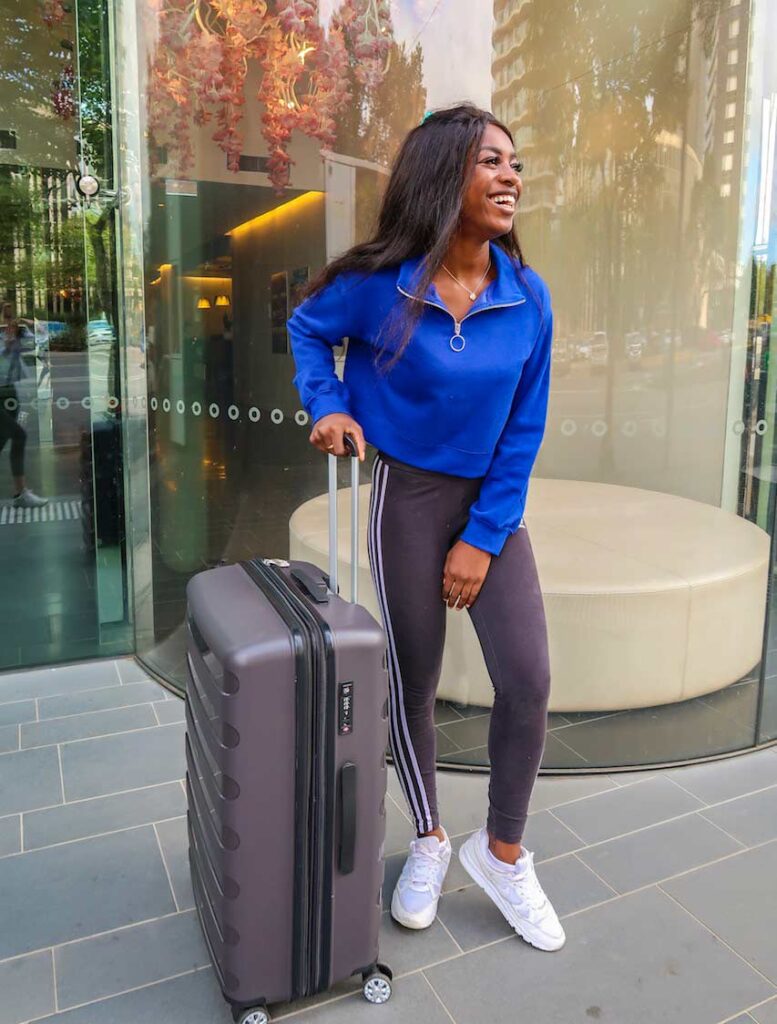
#1: Where are you REALLY from?
As a Black traveller there are few racial microaggressions more frustrating to hear in a conversation that “But where are you REALLY from?” The idea of not being believed is so deeply laced within our conversations that most times, when I answer “Where are you from?”, I hold my breath and wait for the follow up question. The question that probes for more information to explain why, if I’m truly from Scotland, do I look so… Black? I’ve even been called a liar, which is extremely hurtful.
Instead say: Where are you visiting from? Add no further questions that indicate the first answer wasn’t what you expected.
#2: How do you know it’s because you’re Black?
These days it’s more surprising if I DON’T get stopped for a seemingly random search while going through an airport. So when Black people tell you something happened because they are Black – don’t gaslight them. We don’t make up our experiences for sympathy. We share our lived, and often painful, experiences so that others can learn and do better. It’s insulting to assume we don’t know what racism feels like.
While White travellers may have unknowingly been benefiting from a system that oppresses us, we can’t help but be hyper aware, hyper vigilant when we’re travelling. Because for something to go wrong? Well, we don’t know what could happen.
Instead say: I can’t imagine what that must feel like. I’m sorry that you had to experience that. If you can’t relate to the experience it doesn’t mean it didn’t happen. Acknowledge the situation.
#3: Hey, you’re Black, I’ve always wondered…
Black people are not a substitute for Google. I’ve definitely travelled to many places where I’ve been the resident Black person on hand to question and it makes me extremely uncomfortable. It’s not our job to educate White people about racism, the N word or our hair. Sharing our own experiences can often bring up painful memories, not to mention generational trauma.
Instead say: Nothing! Google is free.
#4: Where did you learn to speak English?
Or “How come your English is so good!” Both of these racial microaggressions are patronising and assume that English isn’t the first language when in most cases it is. Even when it isn’t someone’s first language it puts people on the spot. Again, it’s that feeling of being ‘othered’. Like you don’t belong. It’s not a compliment because it only stands to make that person hyper aware of their differences.
Instead say: It’s nice to meet you. A nice easy conversation starter that doesn’t involve race.
#5: You’re so exotic
We’re not animals to be observed at a zoo or mysterious creatures to be collected or marvelled at. Saying that Black people are exotic only stands to dehumanise us. Additionally, when you say exotic you imply that the ‘normal’ standard of beauty is non-Black.
Instead say: Nothing! There is no good way to say this. If you think a Black person is attractive don’t make the compliment about race. If you wouldn’t say “I love your white skin” don’t say the opposite.
Final thoughts on racial microaggressions
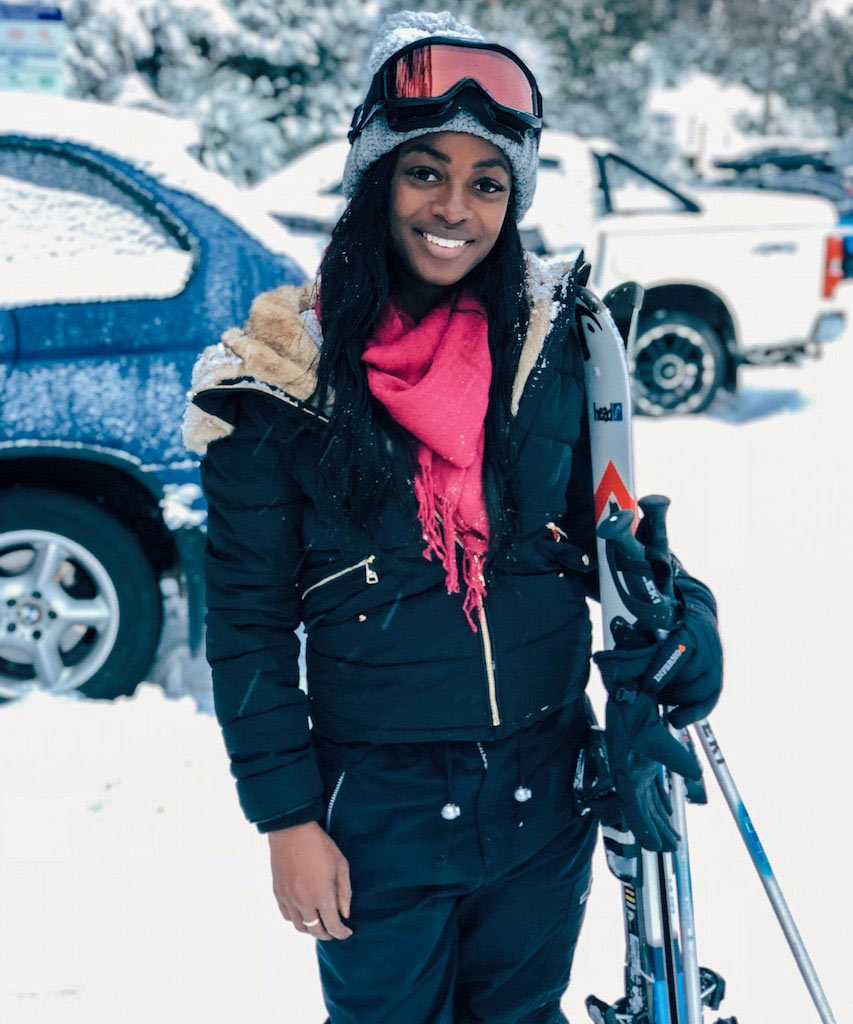
This is not an exhaustive list. But it’s a few of many more. It doesn’t matter if your intention isn’t malicious, because to be on the other side of these remarks is draining.
While these racial microaggressions won’t stop us from travelling, it’s always one extra thing to be aware of. Or a sour note on an otherwise incredible trip. Perhaps reading this post has made you uncomfortable for a moment – but we have to sit with this discomfort for life.
That being said I’m not sharing these experiences to shame you. But instead to invite you to look at where you may hold implicit biases. It’s my hope that when we do go back to travelling this beautiful world of ours we can all do so with our eyes and our minds open.
Remember we are all connected. So if one person is suffering – we are all suffering. If you want to be an ally to Black travellers continue to do the anti-racist work both on and offline. It may be uncomfortable, confrontational and cause you to see things in a different light.
But if we want to move forward we have no choice other than to see things with the lights firmly switched on.
About the author
Efia Sulter is a wellness and travel blogger and author of the ebook, Girl, Solo – A Modern Guide To Travelling Alone.
She grew up in Scotland and lives overseas in Melbourne, Australia.
She is deeply passionate about empowering young women to fill every moment with boundless courage. Her brand Effy Talks Life (on Instagram @effyshowslife) reflects these values by seeking to inspire millennial women to explore the world and live life on their own terms.
Read more of Efia’s work on her blog.
More from the #BLM guest post series
This July inspiring black content creators are taking over the MyPostcard blog to talk about race and discrimination in travel.
Jump into our first two articles below or keep an eye out for next weeks post by Fisayo Olayinka-Bello on the topic of racist stereotypes we need to change in African tourism.

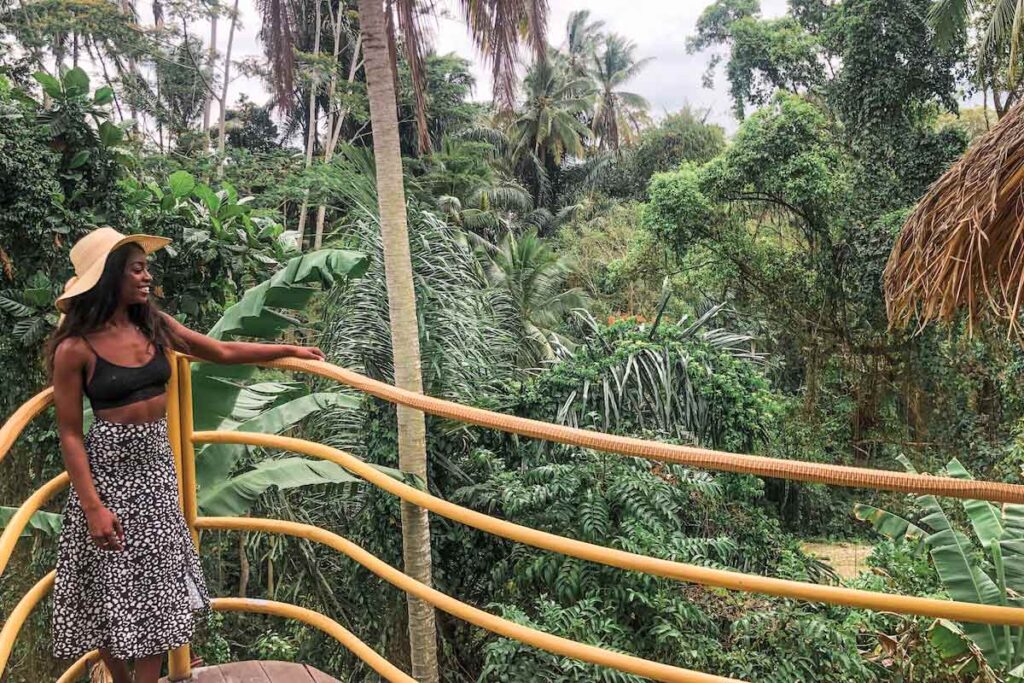
Comments are closed.